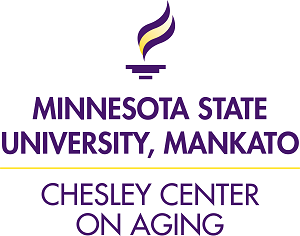Document Type
Policy Brief
Publication Date
3-2023
Abstract
Food insecurity and malnutrition are significant public health concerns among older adults. Over the past two decades, the number of older adults in the U.S. who are food insecure has more than doubled (Ziliak & Gunderson, 2022). During the first year of the COVID-19 pandemic, deaths among older adults due to malnutrition increased in Minnesota (Olson, 2023). Food insecurity among older adults is associated with numerous health issues, isolation, and increased health costs (ACL, 2021).
One prominent strategy to reduce food insecurity among older adults is to directly provide meals to those who may be food insecure. The State of Minnesota works to reduce food insecurity by providing funding to regional area agencies on aging for senior nutrition programs. However, funding for senior nutrition programs from the State of Minnesota has stagnated over the past few decades. This has reduced the ability of area agencies on agencies to meet the need that exists throughout the state.
The State of Minnesota can address food insecurity and malnutrition among older adults by increasing funding for Senior Nutrition Programs. Increased funding will improve the ability of Minnesota Area Agencies on Aging to meet the demand for congregate and homedelivered meals and reduce food insecurity among older adults.
Organization
The Chesley Center on Aging, Minnesota State University, Mankato
Recommended Citation
Asma, K., & Beimers, D. (2023, March). Senior nutrition - Meeting an essential Minnesota need. The Chesley Center on Aging Policy Brief, Minnesota State University, Mankato. http://cornerstone.lib.mnsu.edu/chesley-center-on-aging/1
Creative Commons License

This work is licensed under a Creative Commons Attribution-NonCommercial-No Derivative Works 4.0 International License.




